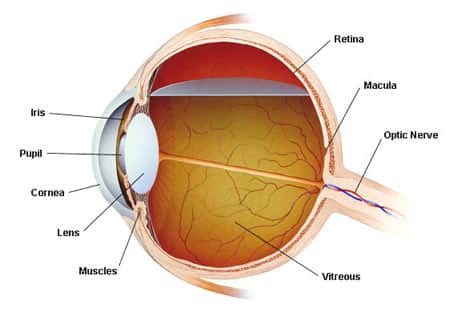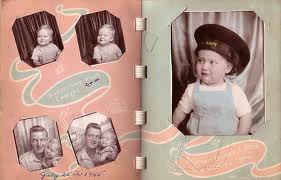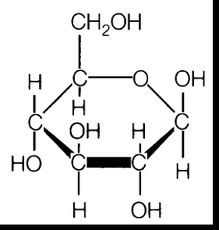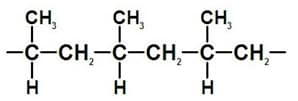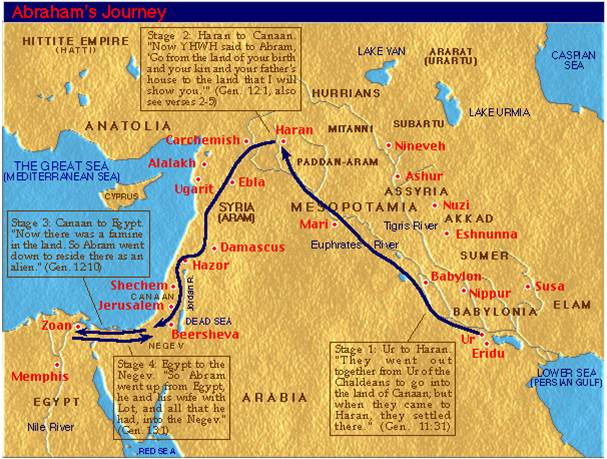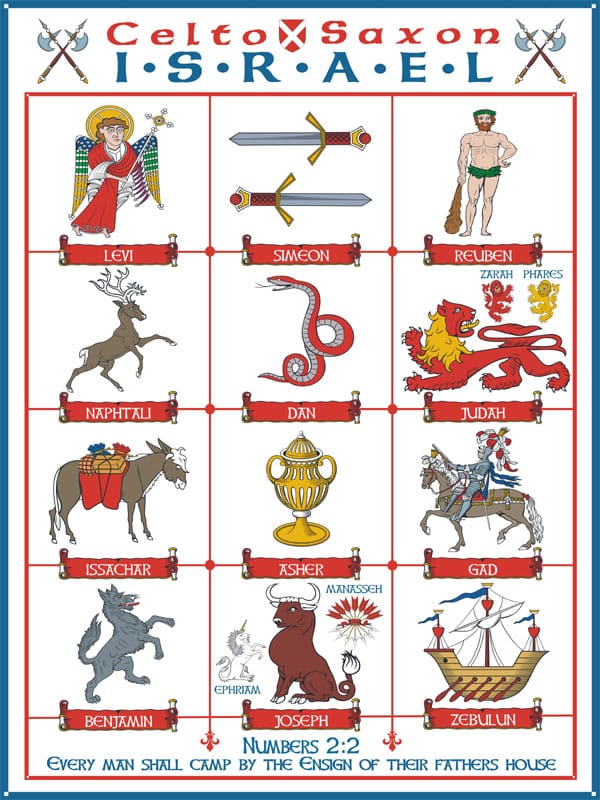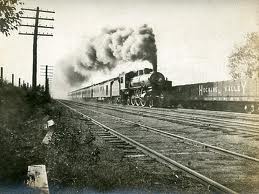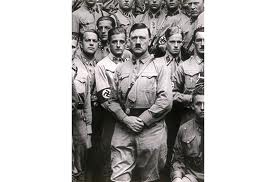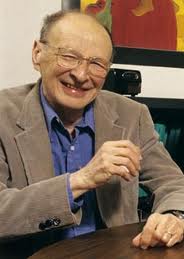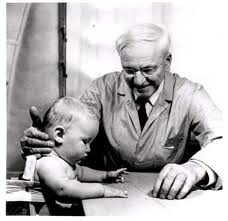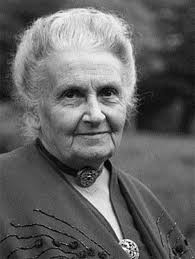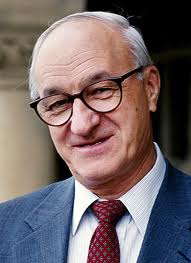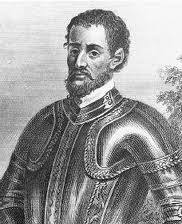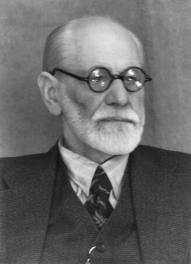William completed his Bachelor of Science and Master of Arts in 2013. He current serves as a lecturer, tutor and freelance writer. In his spare time, he enjoys reading, walking his dog and parasailing.
Article last reviewed: 2022 | St. Rosemary Institution © 2010-2025 | Creative Commons 4.0
Rods respond to low intensity light; cones, which require high intensity light, identify colour. The blind spot is where the optic nerve attaches to the retina; no rods or cones are present in this area, so there’s an absence of photosensitive cells Ciliary muscles change the shape of the lens. A thicker lens permits the…
A) Nuclear Family: The idea that the father goes to work to support his family and the mother stays home and devotes her time to the children. During the baby boom generation, this was seen as the ideal and most traditional family style. The media encouraged this family type by displaying it on popular television…
A biological macromolecule is defined as a large molecule made up of smaller organic molecules, known as monomers. There are four classes of biological macromolecules, one of them being carbohydrates. Carbohydrates are made of three base elements; Carbon, Hydrogen, and Oxygen in a 1:2:1 ratio. There are three different classes of carbohydrates; monosaccharides, disaccharides, and…
Physical Properties Amorphous Density: 0.85 g/cm3 [1] Crystalline Density: 0.95 g/cm3 [2] Melting Point of 320°F (160°C) Doesn’t Soak up water (good for uses around moisture) Chemical Properties Very strong against corrosion; doesn’t react with chemicals like alkaline substances, acids, etc. Low flammability Poor UV resistance Structural Formula Functional Groups Polypropylene contains a carbon backbone…
Two Types of Anaerobic Respiration Lactic Acid Fermentation Reactants: Pyruvate and NADH Products: NAD+ and lactate (lactic acid) Occurs in Muscle cells and micro-organisms Alcohol Fermentation Reactants: Pyruvate Products: Ethanol and CO2 (waste) Occurs in Yeasts and some bacteria Aerobic Respiration Anaerobic Respiration Similarities Both processes begin with the breakdown of sugar (glucose) Both processes…
Judaism: Background The three religions, Judaism, Christianity and Islam trace their roots to the biblical figure Abraham. Of the three, Judaism is by far the smallest at only 1 to 2 percent of the size of the Christian and Muslim population. There are only 14 million Jews around the world (that is half the population…
The Exile In 721 BCE the Assyrians invaded and captured Israel (the ten tribes). Most of the citizens were scattered all over. The Exile is the beginning of the Diaspora. In 586 BCE the Babylonians invaded and captured Judah (the two tribes) and destroyed Solomon’s temple in Jerusalem. Jewish leaders were taken into exile in…
1900s: The Progressive Era Leisure time became more crucial; included family time, commercial recreation at fairs and carnivals. Time of peace/economic comfort Gibson Girl was the symbol of the ideal woman every female aspired to be. The Gibson Girl was athletic, smart, independent, and ironically, didn’t seek gender equality. Men aspired to be like the…
The Nazi Party was formed in 1919 Hitler joined the party shortly after it’s inception Germany was in a state of disarray after the First World War There were many extremist groups in Germany at the time 1919-1923 Many Germans were disillusioned after the defeat in the First World war. Ex-soldiers felt that they had…
The Star of David Originally, the Hebrew name Magen David — literally “Shield of David” — poetically referred to God. It acknowledges that our military hero, King David, did not win by his own might, but by the support of the Almighty. This is also alluded to in the third blessing after the Haftorah reading…
German American Economic Policy – Administer $33 billion German debt: 1919-1932 Coolidge Administration, by Pres. Coolidge monitored Germany (GE) debt (2 representatives from Britain, France, Italy, Japan, USA) Charles G. Dawes proposed Dawes Plan Fr. leaves Ruhr Valley, Allies control GE Banks & introduce new taxes 1 Billion was due in 1924 & by 1928,…
Urie Bronfenbrenner founded the Ecological Systems Theory to understand the complex relationship between the infant, the family, and society and how they impact child development. The Ecological Systems Theory influenced the way psychologists and other social scientists approached the study of human beings in their environment. Before Bronfenbrenner, child psychologists studied the child, sociologists examined…
Prior to the early twentieth century, scientific observations of children were not common. Arnold Gesell was one of the first psychologists to systematically describe children’s physical, social, and emotional achievements through a quantitative study of human development from birth through adolescence. He focused his research on the extensive study of a small number of children.…
§ Maria Montessori pioneered the Montessori educational method which is a child-centered, alternative education method based on her theories of child development. § The method is primarily applied in preschool and elementary school settings, and it emphasizes self-directed activity on the part of the child, and observation on the part of the teacher. § The…
Lev Vygotsky (1896 – 1934) Vygotsky’s basic premise was that social interaction plays an important role in intellectual development The child’s development appears twice – first on the social level, then on an individual level He believed skills develop to a higher level with adult guidance or peer collaboration (social interaction) His theory attempts to…
Canadian, born in northern Alberta Behaviourism theory of the time stated that one’s environment causes one’s behaviour Bandura agreed that environment causes behaviour, but he also believed that behaviour causes environment – he labelled this “reciprocal determinism” – that the world and a person’s behaviour cause each other He studied personality as it interacted with…
The following table lists the deadliest earthquakes on record according to date, location, number of deaths, and magnitude. On Jan. 23, 1556, an 8.0 magnitude earthquake struck Shansi, China killing 830,000 people. Date Location Deaths Magnitude Jan. 23, 1556 Shansi, China 830,000 ~8 July 27, 1976 Tangshan, China 255,0001 7.5 Aug. 9, 1138 Aleppo, Syria…
De Soto and his Influence For many of the world’s poor, the promises of capitalism are nothing more than empty rhetoric. Latin American economist Hernando de Soto is one of those providing the fresh thinking that is required, with his focus on the legal aspects of economic development in emerging economies. De Soto has an…
1. INFANCY (birth to 1 year) Breast milk or infant formula Pureed foods high in nutrients (40 to 50% of caloric intake from fat sources) 2. TODDLERS / PRE-SCHOOLER (1 to 5 years) Foods high in nutrients especially: folic acid, vitamin A, B6, C, E, calcium, iron, & zinc (fat intake should be 30% of…
Main Ideas: Sigmund Freud believed that hidden forces are the cause of human behavior, rather than the obvious forces. Unconscious thoughts reveal themselves in something called the free association, such as dreams where you talk and think freely. He believed that personality consists of three major systems. The Structure of Personality: id- this starts at…

